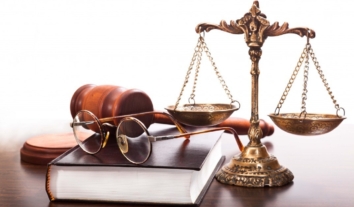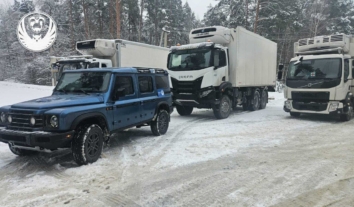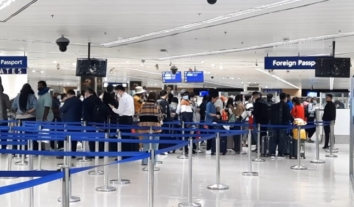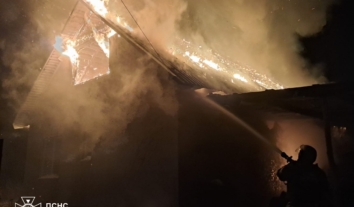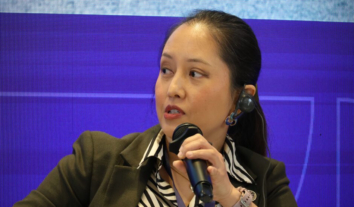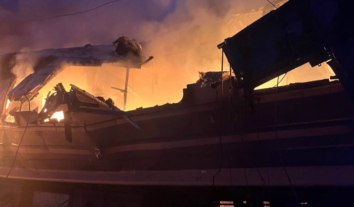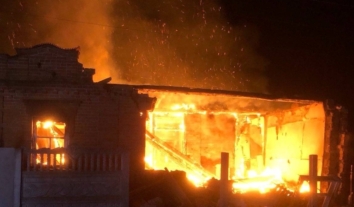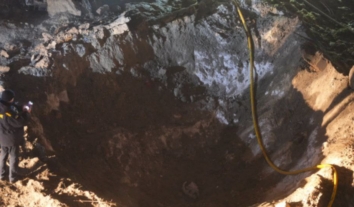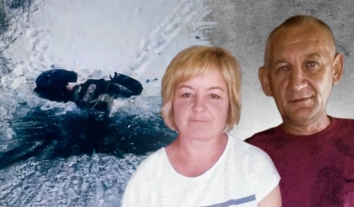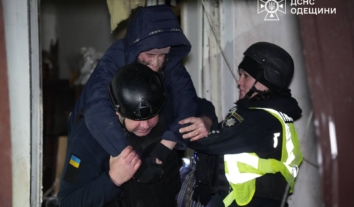Amnesty Calls for World Leaders to Confront Conflicts
World leaders must act urgently to confront the changing nature of conflict and protect civilians from horrific violence by states and armed groups, urged Amnesty International as it launched its annual assessment of human rights around the world.
It claims that governments must “stop pretending the protection of civilians is beyond their power.”
It forecasts more civilians at risk of abuses by armed groups, continued attacks on freedom of expression, and a worsening humanitarian and refugee crisis; unless there is a fundamental change to the global response to conflict.
It calls for global action including renouncement of veto rights by five permanent members of UN Security Council in situations of mass atrocities.
“2014 was a catastrophic year for millions caught up in violence. The global response to conflict and abuses by states and armed groups has been shameful and ineffective. As people suffered an escalation in barbarous attacks and repression, the international community has been found wanting,” said Salil Shetty, Secretary General of Amnesty International.
He reminded that “the United Nations was established 70 years ago to ensure that we would never again see the horrors witnessed in the Second World War. We are now seeing violence on a mass scale and an enormous refugee crisis caused by that violence. There has been a singular failure to find workable solutions to the most pressing needs of our time.”
Amnesty International’s Annual Report provides a comprehensive overview of human rights in 160 countries during 2014. It states that there is a deterioration of respect for rights and freedoms throughout the former Soviet Union. The situation around the conflict in eastern Ukraine may lead to the resumption of old Cold War tensions. It forecasts the growth of civilian deaths due to the conflict in 2015. It also mentions that those displaced as a result of the conflict in Donbass received limited state support and relied on their own means, family networks and the assistance of volunteer organizations. For Russia, it predicts the worsening of the economic crisis and a further crack down on NGOs and civil society.

